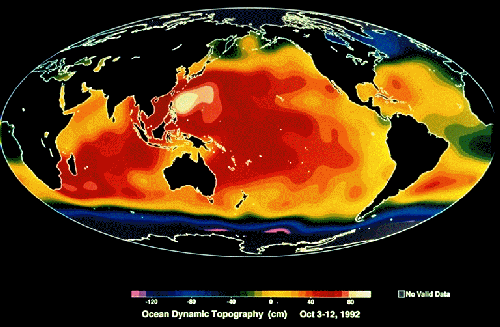
The European Integration |
The Origins of European Integration |
A-D
E-H
I-Z
Information Society
Justice and Home Affairs Regional Policy Research and Development Social Policy and Social Protection Transport Policy |
|
| EU Institutions | |||
| The Decision Making Process | |||
| EU Policies: from A to Z | |||
| The EU in the World | |||
Research and Development
The European Union promotes scientific research and technological development by funding collaboration between universities and research establishments across Europe. The broad aim of strengthening the technology base of European industry was set out at the same time as the idea of creating the single market in 1986. Since that time, EU research and development policy has been set out in multi-annual "Framework Programmes", each of which have had the following elements:
Over the period 1994-1998, the 4th Framework Programme's priority themes were information and telecommunications technologies, environmental research, biotechnology and health, transport systems and the impact of technology on society. It accounted for around 4% of publicly funded research in the EU. Small and medium-sized enterprises (SMEs) were identified as a key target for the dissemination process. In addition to collaborative research, the EU's Joint Research Centre (JRC) carries out basic research in the fields of nuclear safety, remote sensing (by satellite), materials research, environment, information technology and systems engineering. Formally reporting to the European Commission, this research is carried out in Geel (Belgium), Karlsruhe (Germany), Seville (Spain), Ispra (Northern Italy) and Petten (the Netherlands). In addition, the Joint European Torus in Culham, Oxfordshire employs some 300 EU and Swiss scientists engaged in developing nuclear fusion technology. In 1998, the 5th Framework Programme was adopted for the four-year period 1999-2002 with a budget of euro 15 billion. The thematic programmes are:
| |||
